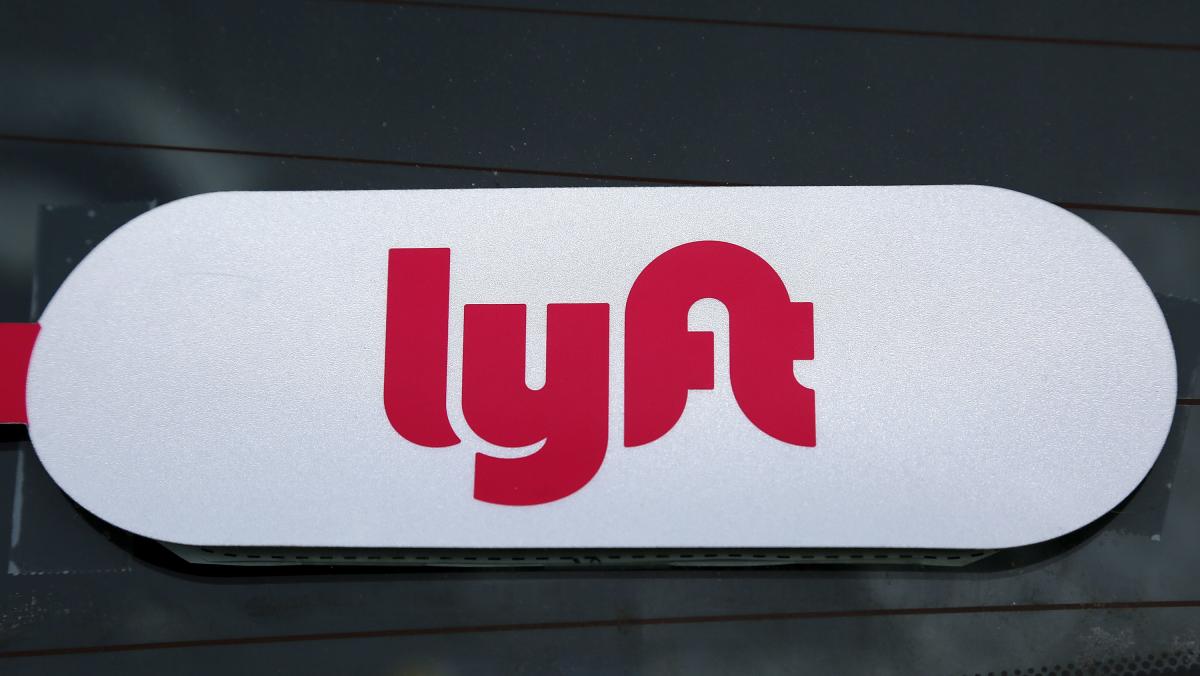Lyft (LYFT) posted mixed second quarter results, despite it being its first profitable quarter in the company’s history. Lyft CEO David Risher joins Market Domination to discuss the overall state of the consumer and the ride-share company’s outlook.
In its second quarter, Lyft saw a 16% jump in active riders going to and from restaurants, bars, and entertainment venues. Risher notes that consumer price sensitivity hasn’t changed much, explaining that they aren’t seeing a meaningful uptick in riders choosing to use Lyft’s Wait and Save feature, which allows them to save some money on their ride for longer wait times. To proactively combat consumer price sensitivity, he notes that Lyft is introducing a Price Lock feature which will “give people complete certainty in how much they’re gonna pay on a daily commute.”
As Lyft looks forward, AI will play a key role in its growth. Risher explains that the technology has been well received by drivers who can get their problems solved quickly and get back on the road faster than before. He adds, “Where I get very excited is, can we create products and services for drivers to help them earn even more on the platform? I think there’s a lot of stuff you can do there with AI.” He explains that autonomous vehicles will play a key role in the future, saying, “AVs are gonna be a huge tailwind for rideshare because it’s gonna add more supply… certainly a safer supply over time and hopefully also a less expensive supply.”
For more expert insight and the latest market action, click here to watch this full episode of Market Domination.
This post was written by Melanie Riehl
